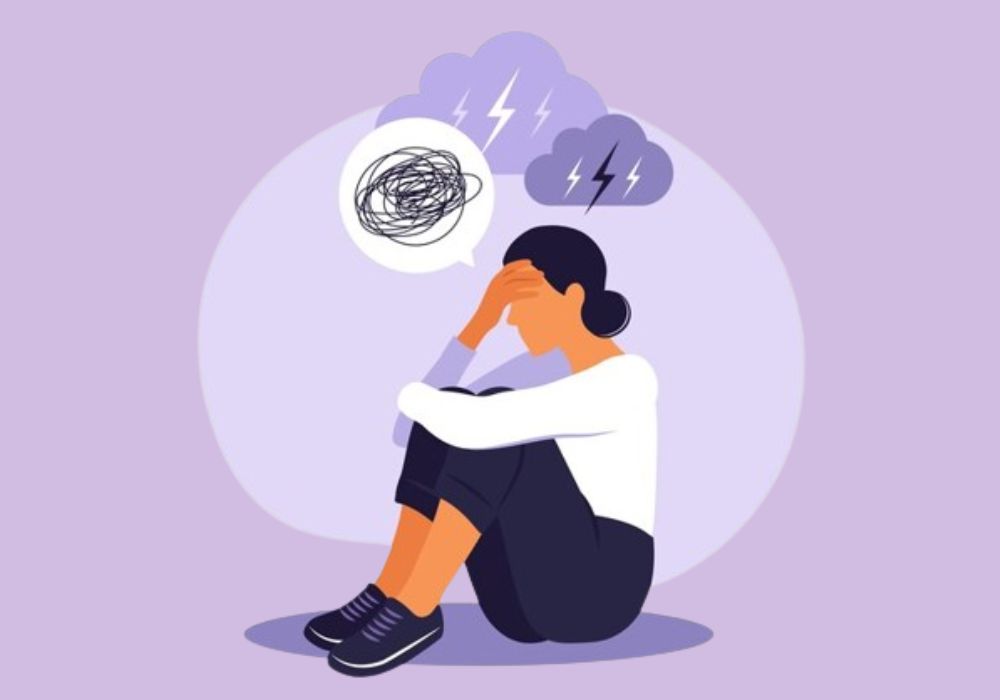Depression is a widespread mental health condition affecting millions globally. Despite its prevalence, a significant stigma still surrounds it, preventing many from seeking the help they need. This stigma often leads to feelings of isolation and shame, exacerbating the condition. In this post, we aim to break down the barriers of stigma, offer insights into understanding depression, and guide you on finding the necessary support.
Depression: Breaking The Stigma And Finding Help
Understanding Depression
Depression is not merely a phase of feeling sad or down; it is a serious mental health disorder that impacts every aspect of life. It manifests in various forms, from persistent sadness and loss of interest to physical symptoms like fatigue and sleep disturbances. Recognizing depression is the first step toward managing it, as early intervention can significantly improve outcomes.
It’s crucial to understand that depression is not a sign of weakness, but rather a medical condition that requires attention. By learning to recognize the symptoms, individuals can seek help sooner, potentially mitigating the more severe impacts of the disorder.
The Impact Of Stigma
Stigma is one of the greatest obstacles to addressing stress. The misconceptions that surround mental health—such as the idea that one should simply “snap out of it”—perpetuate a cycle of silence and suffering. Stigma often leads to discrimination, both socially and professionally, making it harder for individuals to seek the help they desperately need.
Breaking the stigma involves changing the narrative around mental health. Public awareness campaigns, open discussions, and education can play pivotal roles in this shift. When society begins to view depression as a treatable medical condition rather than a personal failing, more people will feel empowered to seek help.
How To Talk About Depression
Opening up about this is challenging, but it’s an essential step towards recovery. Whether you are experiencing depression or know someone who is, starting the conversation can be life-changing. Approaching the topic with empathy and without judgment creates a safe space for dialogue, making it easier for individuals to share their struggles.
Use simple language and express your concern without making assumptions. Encourage the person to speak about their feelings and listen actively. Even if you don’t have all the answers, your willingness to listen can provide immense relief.
Seeking Professional Help
Professional help is crucial in managing depression. Therapists, counselors, and psychiatrists offer treatments tailored to the individual’s needs, including cognitive-behavioral therapy (CBT), medication, or a combination of both. These treatments are designed to address the underlying causes of depression and equip individuals with coping strategies to manage their symptoms.
Seeking help is not a sign of weakness, but a step towards reclaiming control over one’s life. Professional guidance, coupled with a supportive environment, can lead to significant improvements in mental health and overall well-being.
Conclusion
Depression is a challenging condition, but breaking the stigma surrounding it is possible. By fostering open conversations, educating ourselves and others, and supporting those affected, we can create a more compassionate society. Remember, depression is treatable, and help is available. If you or someone you know is struggling, don’t hesitate to seek support.
Take The First Step: Break The Stigma And Seek Support
Breaking the stigma around depression requires collective effort and individual courage. If you’ve recognized symptoms of depression in yourself or others, take the first step by reaching out for help. Professional support, combined with understanding from those around you, can make a world of difference. Don’t let stigma silence you—speak up, seek help, and know that recovery is possible.
Call to Action: If you or someone you know is struggling with depression, contact a mental health professional today. Your mental health matters, and support is available. Let’s break the stigma together and build a future where seeking help is seen as a sign of strength.





